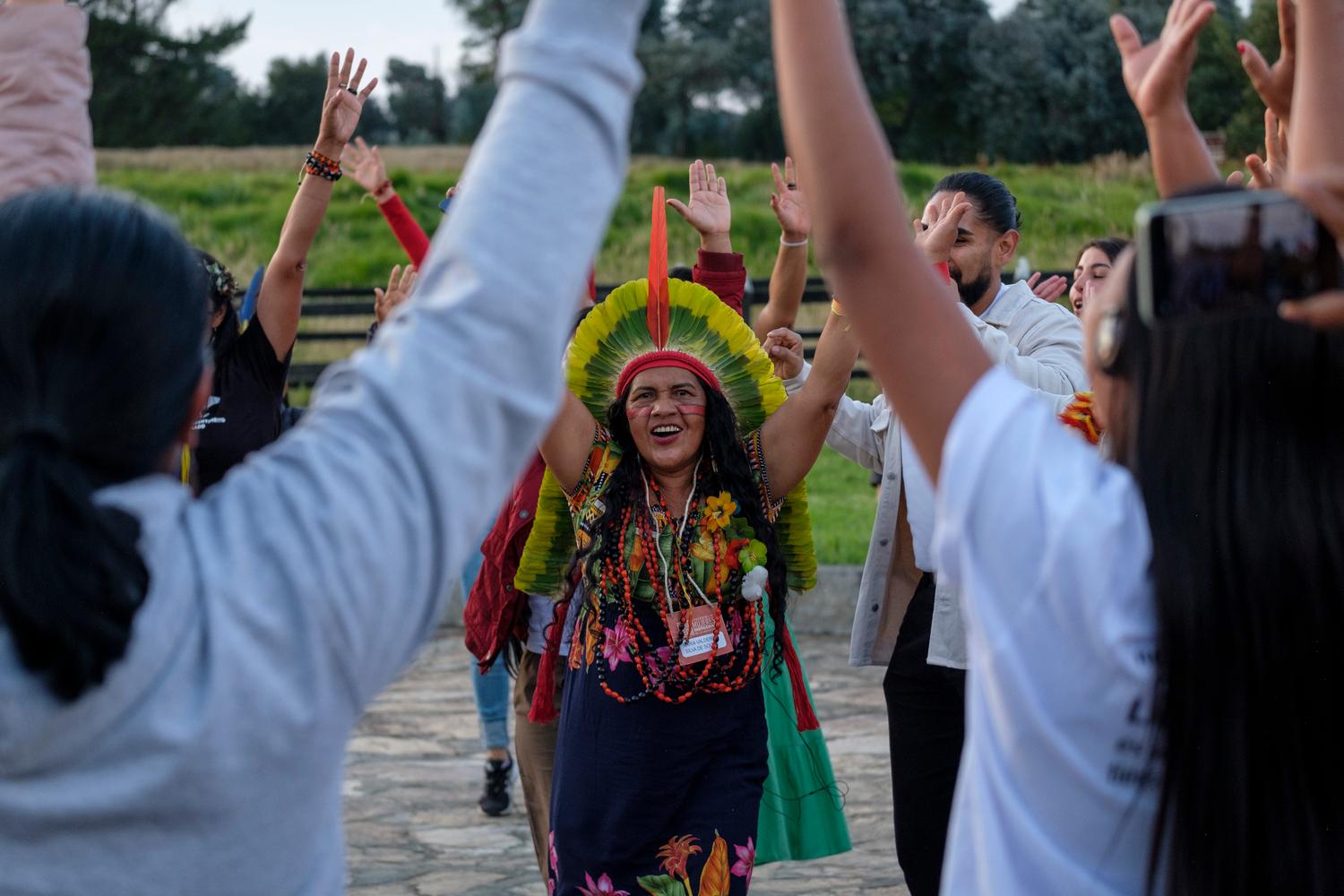
About the program
The AIWF aims to promote the ideas and actions of Indigenous women to conserve the Amazon and maintain climate stability. It seeks to promote conservation, leadership, and environmental initiatives based on the knowledge of Indigenous women.
The program provides the tools, training and funding needed to implement their initiatives, manage their territories, and promote the overall conservation of the Amazon.
Our history
In 2011, Conservation International's Indigenous Peoples program launched the Indigenous Leaders Conservation Fellowship. Since then, various fellowships have flourished as an opportunity for inspiring leaders to access direct financing for learning and capacity building. In 2021, the AIWF was launched to create opportunities for Indigenous women to lead conservation actions in the Amazon basin. The program recognizes the far-reaching roles of Indigenous women in their conservation efforts, land management abilities, biocultural innovations, and applied traditional knowledge and seeks to collaborate with funding, advisory, and networking opportunities.
Fellowship principles
- Improve gender balance in conservation decision-making.
- Foster innovation through local actions and Indigenous knowledge systems.
- Provide personalized guidance and mentoring to build women´s leadership.
- Promote the development of Indigenous women leaders’ networks.
Our scope
Ecuador, Perú, Colombia, Brazil, Bolivia, Suriname, Guyana
Our impact
95
Indigenous women participating
72
Women influencing decision-making
90
Indigenous organizations involved
AIWF newsletter
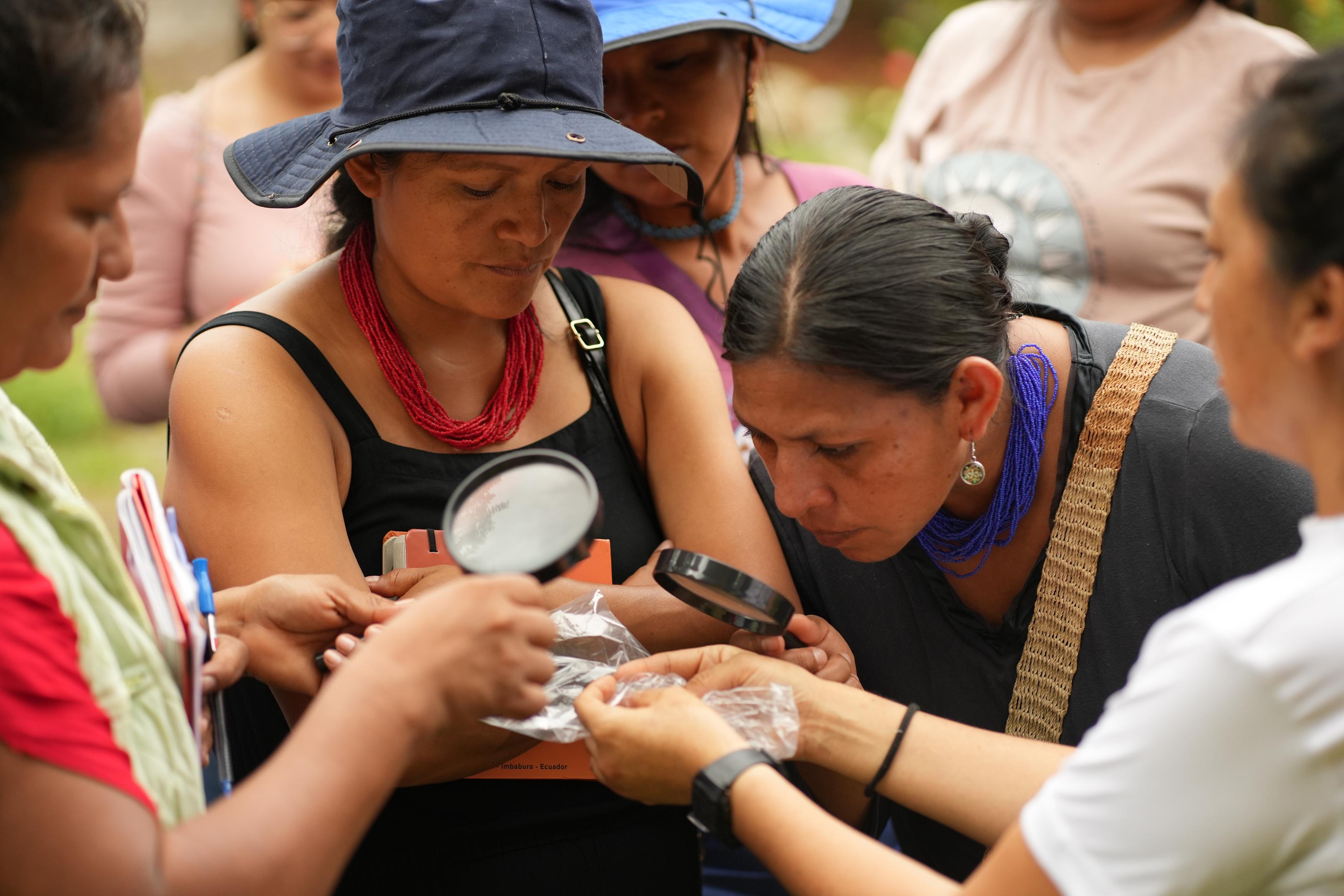
Our focus
Indigenous women are essential to securing lasting conservation impact. At Conservation International we:
- Recognize Indigenous Women's knowledge as key for effective conservation solutions.
- Foster locally based solutions. Indigenous women are more locally based and much less visible than men. Many are faced with fewer economic opportunities, limited participation, and access to formal education. By supporting Indigenous women, we are contributing to the issues that matter most to communities as they understand local needs intimately.
- Address conservation through the priorities of Indigenous women to mitigate the impacts of climate change while respecting Indigenous cultural heritage.
- Generate long-term sustainability through the network of Indigenous women and their collective actions to both face environmental challenges and promote the well-being of communities.
- Contribute to overall conservation of the Amazon.
We, Indigenous people who come from the living forest, care for, and protect the Amazon rainforest. As women we know our land and its needs. We women have always had a spiritual connection with our pacha mama and that makes us unique.
Meet the fellows
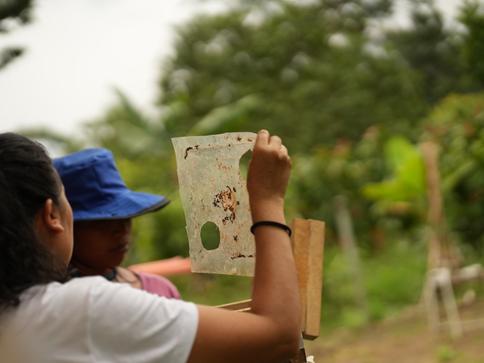
Exchange: reproducing bees and knowledge
Indigenous women from Bolivia, Ecuador and Colombia gathered to learn and share experiences in working with Amazonian Melipona bees.
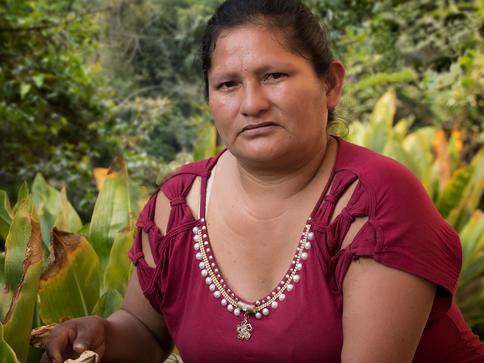
Filomena Quispe, Bolivia
Learn more about Filomena, an Indigenous leader from Bolivia. From an early age, she fought to be heard and today, together with the women of her community, she is working to establish a community agroforestry system and encourage native beekeeping of Melipona bees.
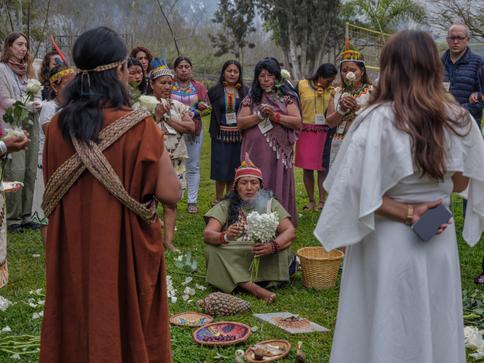
III Meeting of Indigenous Women
In October, 2024, 36 Indigenous women leaders from Bolivia, Brazil, Colombia, Ecuador, Guyana, Peru, and Suriname, gathered to connected through a network of leaders, sharing their experiences and innovative solutions to amplify women's roles in climate action.
